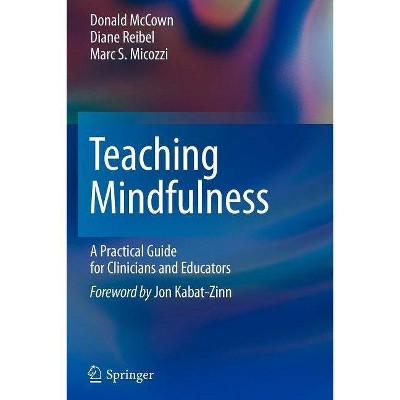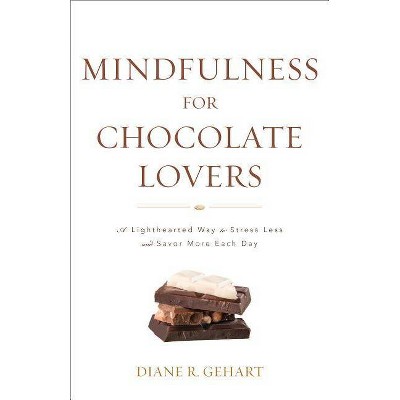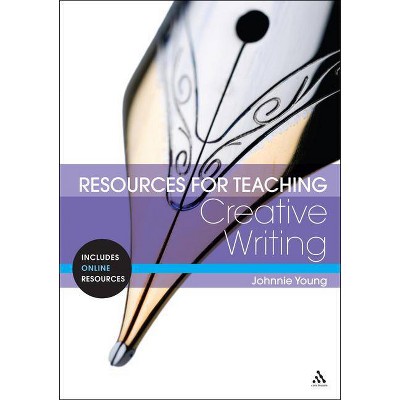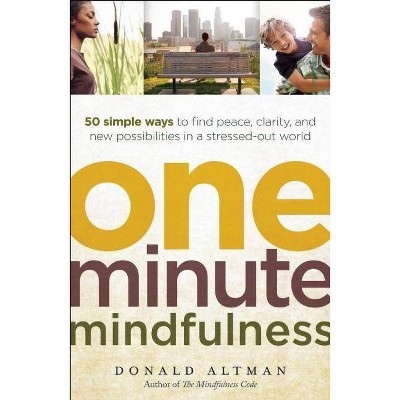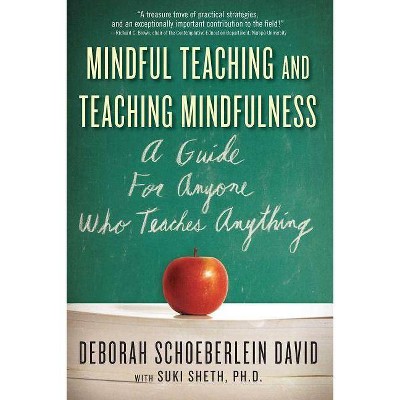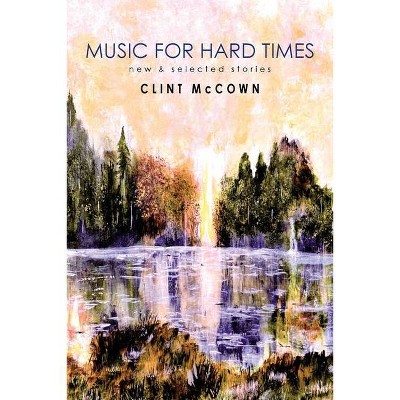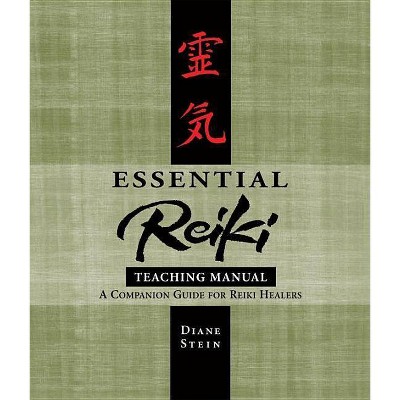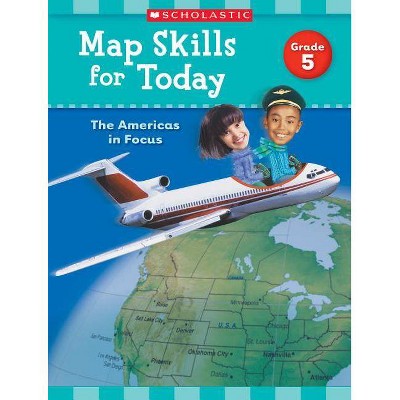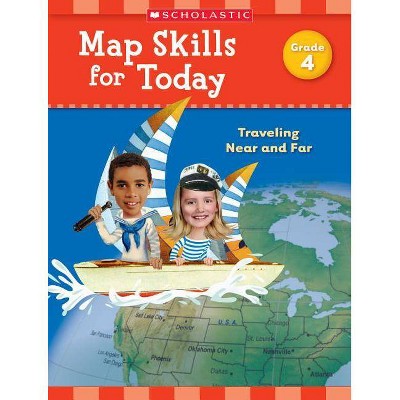Resources for Teaching Mindfulness - by Donald McCown & Diane Reibel & Marc S Micozzi (Paperback)
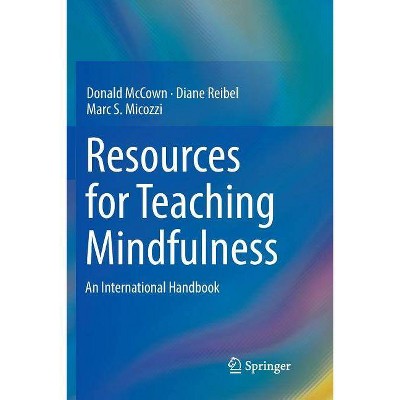
Similar Products
Products of same category from the store
AllProduct info
<p/><br></br><p><b> Book Synopsis </b></p></br></br><p>This master-class-in-a-book is designed to guide teachers of mindfulness-based interventions (MBI) in continuing to develop more competence while raising global standards of practice and pedagogy. Starting with the central yet elusive concept of stewardship, it then expands upon the core components of MBI pedagogy. A series of reflective essays by MBI teachers from around the world foregrounds differences and challenges in meeting participants "where they are." Such reflections are both inspiring and thought-provoking for teachers --wherever they are. The book also provides practical guidance and tools for adjusting teaching style and content for special populations, from chronic pain patients to trauma survivors, from health care professionals to clergy, and including many others. Detailed scripts and practices, ready to adopt and adapt, offer opportunities to explore new directions in the classroom, and to continue the life-long development of the teacher.</p><p> </p><p>Included in the coverage: </p><p> </p><ul> <li>Deepening teachers' skills of guidance of meditation practices</li> <li>Insights into the essential practice of inquiry and dialogue with participants</li> New practices that allow participants to explore mindfulness together in a spoken encounter <li>How to keep up with, review, and make clear to participants the range of scientific evidence supporting the MBIs</li> </ul><p> </p><p>The breadth of practical insights and hands-on strategies makes <i>Resources for Teaching Mindfulness</i> a unique developmental asset for a wide range of practitioners around the world. Among those who will benefit are physicians and other medical practitioners, health and clinical psychologists, marriage and family therapists, nurses, clinical social workers, physical and occupational therapists, health educators, and organizational development specialists.</p><p/><br></br><p><b> From the Back Cover </b></p></br></br><p>This master-class-in-a-book is designed to guide teachers of mindfulness-based interventions (MBI) in continuing to develop more competence while raising global standards of practice and pedagogy. Starting with the central yet elusive concept of stewardship, it then expands upon the core components of MBI pedagogy. A series of reflective essays by MBI teachers from around the world foregrounds differences and challenges in meeting participants "where they are." Such reflections are both inspiring and thought-provoking for teachers --wherever they are. The book also provides practical guidance and tools for adjusting teaching style and content for special populations, from chronic pain patients to trauma survivors, from health care professionals to clergy, and including many others. Detailed scripts and practices, ready to adopt and adapt, offer opportunities to explore new directions in the classroom, and to continue the life-long development of the teacher.<br></p><p> </p><p>Included in the coverage: </p><p><br></p><p>- Deepening teachers' skills of guidance of meditation practices</p><p>- Insights into the essential practice of inquiry and dialogue with participants</p><p>- New practices that allow participants to explore mindfulness together in a spoken encounter</p><p>- How to keep up with, review, and make clear to participants the range of scientific evidence supporting the MBIs</p><p><br></p><p>The breadth of practical insights and hands-on strategies makes <i>Resources for Teaching Mindfulness</i> a unique developmental asset for a wide range of practitioners around the world. Among those who will benefit are physicians and other medical practitioners, health and clinical psychologists, marriage and family therapists, nurses, clinical social workers, physical and occupational therapists, health educators, and organizational development specialists.</p><p> </p><p>"A deep, supportive, and challenging dive into the art of teaching mindfulness, including the science of it, in the form of MBSR and other mindfulness-based interventions. Highly experienced contributors offer a cornucopia of inspiring, instrumental, and non-instrumental perspectives on the multi-dimensional topology of the classroom in vastly different contexts and cultures. Of particular note is the intimacy of one's own embodied sharing and exploring of the practice with others as the instructor -- with the welcome mat for what arrives within us and between us firmly rolled out in not-knowing, coupled with deep listening, creativity, imagination, daring, and caring."</p><p>Jon Kabat-Zinn, Founder of MBSR, Author of <i>Full Catastrophe Living </i>and <i>Coming to Our Senses</i> </p><p> </p><p><br></p><p/><br></br><p><b> Review Quotes </b></p></br></br><br>"This work is a toolbox of resources to help those of us who teach mindfulness to clients, whether in a group setting or with individuals. ... Resources for Teaching Mindfulness is a good source for ideas to use in developing and improving our teaching of mindfulness. ... the book is exactly what the title claims it to be-and is a pretty good one ... ." (Leslie C. Miller, Philosophical Practice, Vol. 12 (3), November, 2017) <p/>"This is a resource book. Specifically, it is a reference for mindfulness teachers who are working with different nationalities and other special populations and issues. Each chapter would likely be of great interest to the Mindfulness-Based Intervention (MBI) teacher who is facing the problem it addresses." (Roger Thomson, PsycCRITIQUES, Vol. 62 (33), August, 2017)<br><p></p><br><p/><br></br><p><b> About the Author </b></p></br></br>Donald McCown, PhD, MAMS, MSS, LSW is associate professor of health, co-director of the Center for Contemplative Studies, and director of the minor in contemplative studies at West Chester University of Pennsylvania. He holds a PhD in Social Science from Tilburg University, a Master of Applied Meditation Studies degree from the Won Institute of Graduate Studies, and a Master of Social Service from Bryn Mawr College. He trained as an MBSR teacher through the Center for Mindfulness at University of Massachusetts and at Thomas Jefferson University. His primary research interests include the pedagogy of mindfulness in clinical applications and higher education, applications of complementary and integrative medicine in the community, and the contemplative dimensions of the health humanities. He is also author of The Ethical Space of Mindfulness in Clinical Practice, and primary author of Teaching Mindfulness: A Practical Guide for Clinicians and Educators and New World Mindfulness: From the Founding Fathers, Emerson, and Thoreau to your Personal Practice.<p></p><p></p>Diane Reibel, PhD, co-founded the Stress Reduction Program at Thomas Jefferson University in 1996. She has studied over the years many different traditions with teachers such as Jack Cornfield, Thich Nhat Hanh, Tenzin Rinpoche, Tsoknyi Rinpoche, and Rabbi David Cooper. <br>Marc S. Micozzi, MD, PhD, is a worldwide leader in mind-body and complementary/alternative medicine. He has had a distinguished career as a researcher and physician executive at the National Institutes of Health and Walter Reed National Military Medical Center in Washington, DC, and the College of Physicians in Philadelphia PA. He is adjunct professor of physiology and biophysics, and pharmacology, at Georgetown University School of Medicine, and of Medicine and Physical Medicine at the University of Pennsylvania School of Medicine. He has published over 30 medical and trade books, and founded and edited the first scientific journal, and the first textbook, Fundamentals of Complementary & Integrative Medicine, now going into a 5th edition (2013) and continuously in print since 1995.
Price History
Price Archive shows prices from various stores, lets you see history and find the cheapest. There is no actual sale on the website. For all support, inquiry and suggestion messages communication@pricearchive.us
